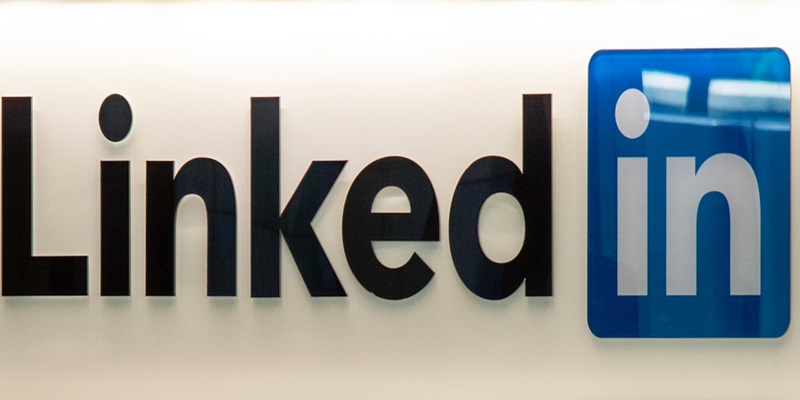LinkedIn, the popular professional networking platform, has reached a settlement in a class-action lawsuit accusing the company of fiduciary duty violations in the management of its participant-directed 401(k) plan. The settlement, amounting to $6.75 million, follows allegations that LinkedIn selected riskier funds with higher fees, breaching the guidelines of the Employee Retirement Income Security Act (ERISA). This article explores the key details of the lawsuit, the implications of the settlement, and the broader context of fiduciary duty breaches in the industry.
Allegations of Fiduciary Duty Violations
The class-action lawsuit claimed that LinkedIn acted imprudently in the selection of funds for its 401(k) plan, failing to fulfill its fiduciary duty to act in the best interests of plan participants. The plaintiffs argued that LinkedIn opted for riskier investment options with higher fees, disregarding its obligation to offer prudent investment choices. These allegations raised concerns over the company’s compliance with ERISA regulations, which are in place to protect the retirement and health plans of employees.
Calculating Damages
The plaintiffs estimated that LinkedIn owed the class between $3.9 million and $15.9 million in damages, highlighting the potentially significant financial impact of the alleged fiduciary duty breaches. The substantial damages sought by the plaintiffs underscore the severity of their claims and the importance of holding companies accountable for their actions in managing employee retirement plans.
LinkedIn’s Response and Settlement Decision
While LinkedIn maintained its disagreement with the claims made in the lawsuit, the company ultimately decided that a settlement was the best course of action. By agreeing to pay $6.75 million, LinkedIn aimed to resolve the matter and avoid protracted litigation that could have resulted in further reputational and financial damage. The decision to settle indicates the company’s willingness to address the concerns raised regarding its fiduciary duty obligations.
Understanding ERISA
ERISA, enacted in 1974, establishes minimum standards for employee benefit plans to safeguard the interests of plan participants. It holds plan sponsors and fiduciaries accountable for acting prudently and in the best interests of plan participants. By requiring transparency, diversification, and fiduciary oversight, ERISA aims to protect employees’ retirement and health plans, ensuring they receive adequate benefits and investment options.
Broader Trends and Lawsuits in the Industry
The LinkedIn case is not an isolated incident, as similar lawsuits alleging breaches of fiduciary duty have emerged in the industry. For example, Kraft Heinz filed a lawsuit against insurer Aetna in June, alleging negligence in fiduciary duties related to the management of its retirement plan. Additionally, in August 2022, the U.S. Department of Labor initiated legal action against the owner of a New Jersey design firm, accusing them of breaching fiduciary duties in an employee profit-sharing plan. These cases highlight the increased scrutiny surrounding fiduciary obligations in employee benefit plan management.
Fiduciary Duty Breach Settlements
The settlement between LinkedIn and the plaintiffs reflects a growing trend of companies opting for settlements in fiduciary duty breach lawsuits. In another recent case, a New Jersey couple settled their lawsuit against a company for over $2 million after alleging fiduciary duty breaches in the management of their retirement plan. These settlements serve to compensate employees for potential financial losses and reinforce the importance of responsible fiduciary practices in the management of retirement plans.
Impact on LinkedIn Employees
The settlement of the class-action lawsuit has implications for over 17,000 current and former LinkedIn employees who were participants in the 401(k) plan. As a result of the settlement, participants may receive compensation and have reassurance that their retirement plan will be managed consistently with fiduciary duty obligations.
The settlement agreement, reached between LinkedIn and the plaintiffs, received official approval from Judge Edward J. Davila of the U.S. District Court for the Northern District of California. The court’s endorsement of the settlement further legitimizes the allegations raised against LinkedIn and underscores the importance of maintaining fiduciary responsibilities in the management of employee retirement plans. The resolution of this lawsuit serves as a reminder for companies to reevaluate their fiduciary practices and ensure compliance with ERISA regulations to protect the best interests of their employees.

